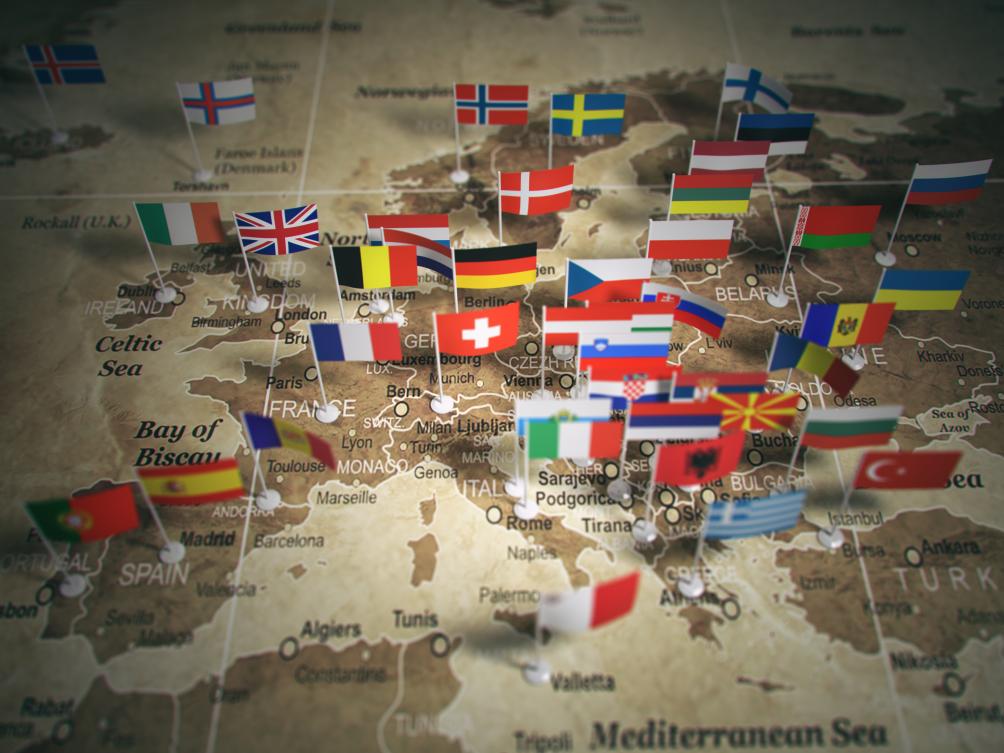Behind enemy lines: Life in Brussels
29th October 2018 by Will Surman

by Will Surman, OFC Director and Director of Communications, Crop Protection, for CropLife International
“Who is Boris Johnson?” “Will your family be allowed to stay in Brussels?” and the more accusatory “WHY?” These are the top three questions I face at most meetings, coffee breaks and after work beers in Brussels. Nearly every conversation follows this pattern. And it has done since the vote.
We Brits have become interactive museum exhibits, people of a bygone era – already. We are inspected by continental Europeans from every angle, watched, poked and probed while we have to explain the history of Brexit, our issue with bendy bananas and, of course, ‘The Johnson Effect’.
I am still met with wide-eyed amazement as I explain the decision and pitiful looks are invariably flashed in my direction, while a hand of reassurance comes to rest on my shoulder. Oh, please! To them the EU is ‘The Dream’ where war has become not just unthinkable, but materially impossible, and the path to prosperity can only come when we work hand-in-hand, nation-by-nation.
I kind of agree, but don’t worry, I am not going to remoan. I’m an optimist. I think the UK can and will make Brexit work, in time, and a new positive relationship with the EU will emerge, eventually. But for the purposes of this blog, I wanted to take a look back into our old playground.
What would we be doing today if the UK had voted to remain in the EU?
I can tell you exactly: we’d be arguing over the Common Agricultural Policy post-2020 with Europe’s 27 other member states. YAWN! Better off out, you say. And it’s hard to disagree, given we can now design our own bespoke policy without EU interference (possibly).
But let’s take a look at the European Commission’s latest proposal for the CAP post-2020, just out of curiosity. The commission is pushing for less money for direct payments, a greater focus on environmental goals and more powers handed to member states. ‘Take back control’ has become Agriculture Commissioner Phil Hogan’s rallying call. It all sounds a bit Owen Patterson/Michael Gove.
Based on the proposal, national capitals would be able to come up with their own strategies. The proposals also set out a significant reduction in direct payments, and these payments would be dependent on meeting enhanced environmental and climate change requirements. There is plenty of traditional EU infighting to go before the post-2020 plan is put in place, but if nothing else it is interesting to see where the commission has placed the marker.
Wherever the CAP lands post-2020, I remain optimistic that the post-Brexit UK government can develop a truly aspirational, progressive plan for British agriculture that would have been impossible while fettered to the EU. And I believe this despite Michael Barnier, the EU’s chief Brexit negotiator, saying he will reject any Brexit that would give the UK ‘a huge competitive advantage’ over EU companies. I look forward to hearing more about the masterplan from Michael Gove at the Oxford Farming Conference in January.
But coupled to my optimism, I do also have moments of realism. For instance, I am in process of applying for Belgian citizenship so that my children will have the same incredible opportunities I have had to live and work – visa free – across the EU’s 27 member states. Hopefully when I am Belgian, people will stop asking me questions about Brexit.
